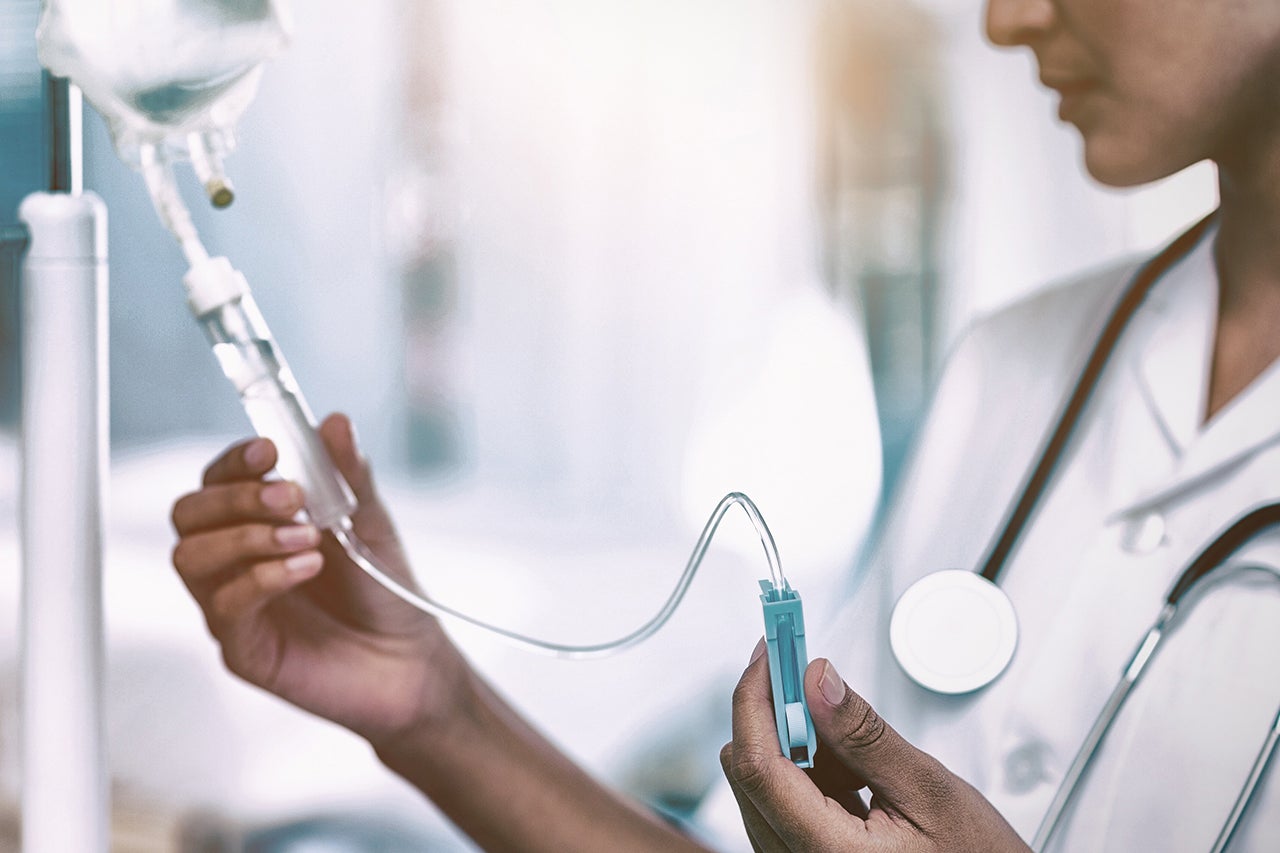The University of South Carolina Upstate and the College of Charleston are pleased to announce they will partner to offer an innovative, dual-degree program that will enable students at the College to earn two degrees in five years, one in biology and a Bachelor of Science in Nursing (BSN) from USC Upstate’s Mary Black School of Nursing.
Incoming fall 2020 freshmen will be the first students able to apply for this program. Accepted students will be required to follow a strict semester-by-semester schedule of coursework at the College of Charleston and to maintain a minimum cumulative and pre-requisite science GPA of 3.0 in order to be guaranteed acceptance into USC Upstate’s Nursing program in fall 2023.
“We’ve developed a pathway for College of Charleston biology students to transition into USC Upstate while identifying high-caliber students who are interested in graduating from the Mary Black School of Nursing,” said Dr. Shirleatha Lee, dean. “A lot of the students who go to the College of Charleston for their biology degree are from the Upstate area, so this is an opportunity for some of them to return home to finish their degrees and work in the medical centers that serve their communities.”
Approximately 70 percent of the nurses employed by Spartanburg Medical Center, for example, are graduates of the Mary Black School of Nursing. The school touts a very high placement rate for graduates, with nearly 90 percent of students passing the rigorous National Council Licensure Examination (NCLEX) on their first attempt.
“We are very excited about this partnership with USC Upstate because it provides a pathway for our incoming CofC freshmen to earn their biology degree and be guaranteed acceptance into a top nursing school,” added Sebastian van Delden, interim dean of the School of Sciences and Mathematics at the College of Charleston. “Earning both biology and nursing degrees will enable students to be more competitive for a variety of professional opportunities and advanced degrees in their future careers.”
Students who take part in the program will be assigned a faculty advisor in the College of Charleston’s biology department who will monitor their progress until they make the transition to USC Upstate. Staff advisors on both campuses will also assist students to ensure they are meeting the requirements of the program.
According to a recent study by the U.S. Health Resources and Services Administration, South Carolina is one of four states in the nation facing a nursing shortage expected to exceed 10,000 positions by 2030.
“I’ve spoken to nearly a dozen chief nursing officers at hospitals across the region,” said Lee. “The message they share is the same: The nursing shortage is real, it is pervasive, and if left unaddressed, it will negatively impact the health of the state in the next decade.”
“Through our strategic planning process, we realized the need for additional strategic partnerships with other universities,” added Frances Welch, interim provost and executive vice president for Academic Affairs at the College of Charleston. “Our new partnership with the Mary Black School of Nursing is an excellent example of such a collaboration. More nurses are needed in the workforce, and we can help fill that need by recommending these biology and nursing degree paths to our students.”
“We welcome this collaboration with the College of Charleston, which will enhance the educational experiences for students at both campuses and equip them with career-ready skills that are in high demand in our state,” said USC Upstate Provost Clif Flynn.




